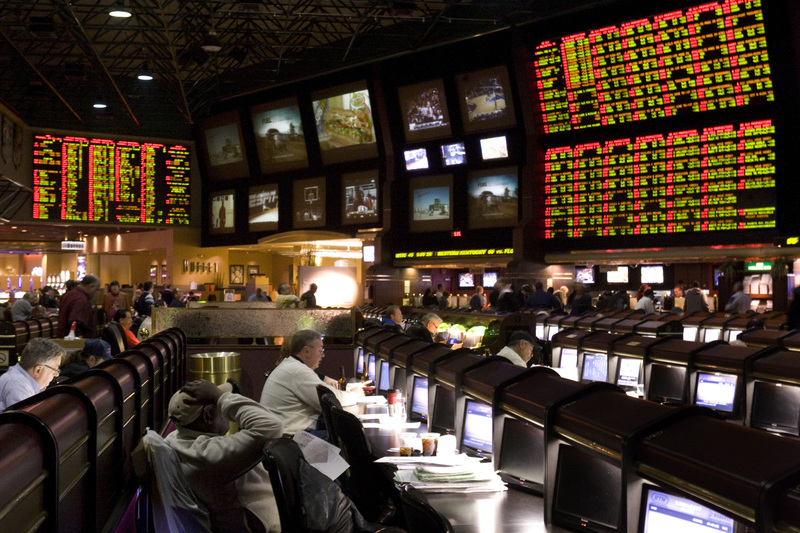






Sports Betting Ban Has 'Perverse Effect,' Says Casino GroupAGA Files Amicus Brief In Support Of Repealing Law |
|
|
 Efforts are ramping up to repeal a 1992 federal statute that virtually prohibits sports betting across America.
Efforts are ramping up to repeal a 1992 federal statute that virtually prohibits sports betting across America.
The American Gaming Association, the commercial casino industry’s main lobby group, laid out its problems with PASPA in a filing Tuesday with the U.S. Supreme Court. The Court said this summer that it will consider the case against the old law. A decision is expected next year.
Nearly 20 states are on the side of the AGA, with New Jersey being at the helm thanks to its unsuccessful efforts to circumvent PASPA and legalize sports betting within its borders.
The AGA called PASPA “perverse” in its 26-page brief. According to AGA estimates, Americans wager about $150 billion annually on sports, the vast majority happening outside of the regulated Nevada sports books. Those black market bets are illegal, according to the AGA.
“PASPA has thus had the perverse effect of pushing an enormous market underground by way of federal decree while stamping out state and local efforts to adapt their own laws pursuant to their own citizens’ wishes,” The AGA said in the brief. “States like New Jersey are compelled, at the federal government’s direction, to keep their antiquated sports-betting laws and regulations effectively frozen in place at a federal standard. That result is irreconcilable with the constitutional system of dual sovereignty and dangerous in its own right.”
The AGA added that the illegal sports betting market was only $40 billion per year when PASPA was enacted, which bolsters the argument that the law needs to be revisited.
If $150 billion is bet each year, how much actual economic output would be generated? Gamblers of course win sometimes and must be paid out by a sports betting operation.
“A legal sports-betting industry could generate up to $26.6 billion in total economic impact every year though GDP increases, taxes dollars, and over 150,000 well-paying American jobs,” the brief said. More than $5 billion in tax revenue would also be generated.
Last year, sportsbooks in Nevada saw gamblers wager $4.5 billion on sporting events. The books retained 4.8 percent of the money, or about $219 million, in the form of winnings. They won $50 million on $1.8 billion in bets back in 1992, according to data compiled by UNLV’s Center for Gaming Research.
